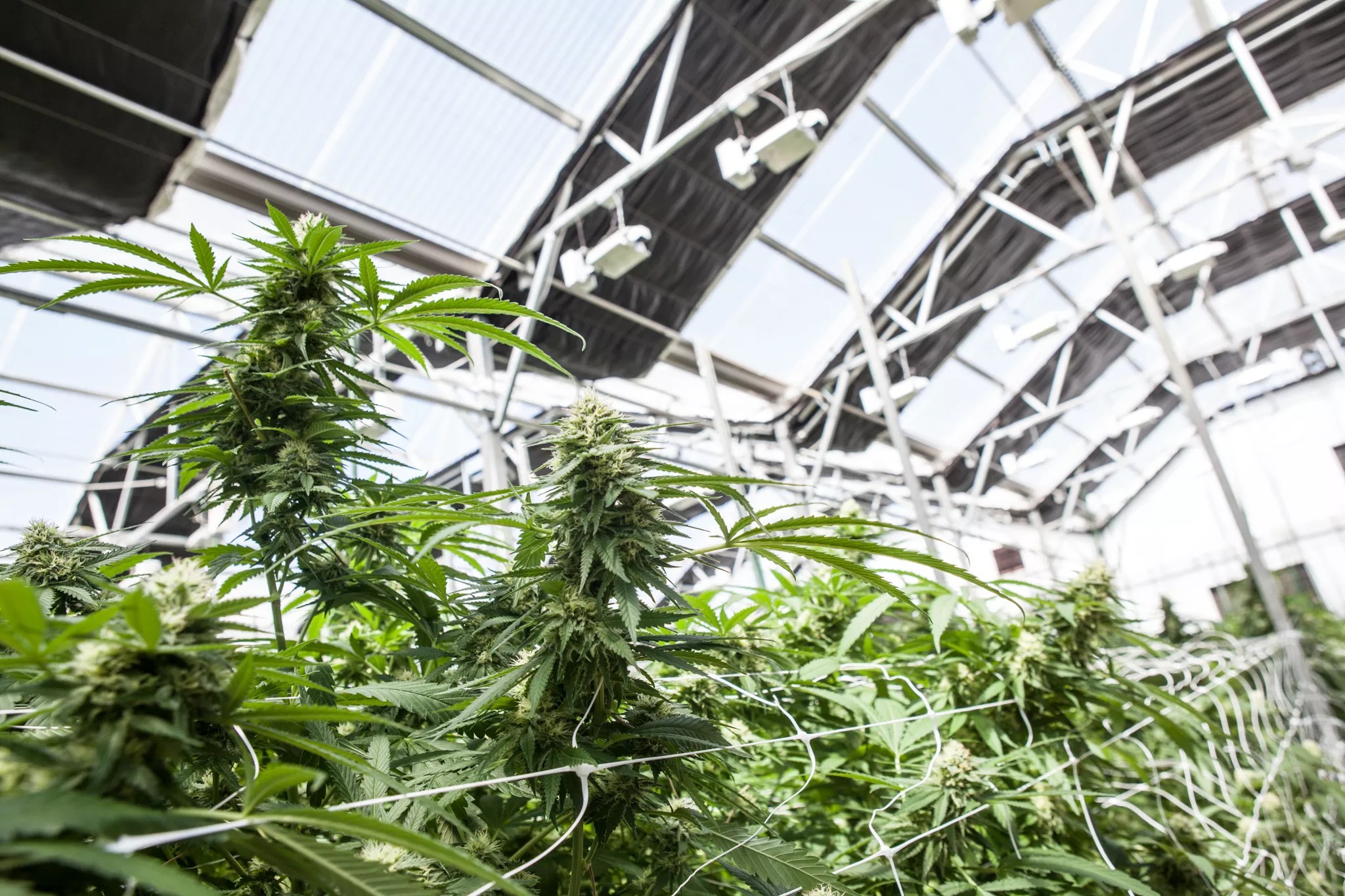
Jacqueline Collins

Audio By Carbonatix
We like to view the new year as a starting line for improvement, and Colorado’s cannabis scene should use this opportunity to tighten up, too.
Criticizing aspects of legal weed isn’t elitist anymore – more than half of the country’s population has access to recreational marijuana – and it’s time for cannabis business owners and overlords to start thinking about the consumer again. Most of us are not brainless potheads in search of the cheapest deal or highest THC numbers, yet that’s usually what we’re sold at dispensaries. Respectable production practices, honest branding and homages to history would be nice.
To make sure Colorado’s cannabis reputation stays fit and proper, here are five resolutions for growers, extractors, dispensaries and lawmakers to consider in 2023:
More weed for the middle class
Crashing marijuana prices have created a sustained race to the bottom, and that has severely affected the quality of dispensary flower. Motivation to cultivate good cannabis might be harder to come by when growers are barely breaking even on pounds, but that doesn’t mean consumers should accept dry and tasteless product, either. We need something between a $60 ounce of mystery meat and a $200 half-ounce from name brands. While there is still the occasional dispensary offering good in-house herb at lower prices, respectable internal grows seem a dying art in Colorado, as the majority of businesses are bought out or try to scale.
Cheaper rosin
If we’re going to have to deal with corporate cannabis, can we at least catch a break on rosin prices? I can get a pack of gummies for $12 after tax right now, yet a gram of decent rosin still runs over $60.
To be fair to rosin makers, they have dropped their prices over the past two years – but when the starting point is over $80 a gram, there’s still a lot of room for improvement. And as wholesale marijuana prices sit at record lows, the starting material has never been cheaper. If an extractor is legitimately squeezing bubble hash from top-shelf buds, then we’ll pay for it – but we know that’s not the case for the majority.
No more remediated weed
If a dispensary budtender told you that the weed you just bought was remediated after failing contaminant tests, would you still want to smoke it? A decent chunk of the pot sold at stores and used for extraction falls into this category, and stores aren’t required to tell you that.
This isn’t a conspiracy theory, and it’s not exclusive to the cheap stuff. Current state rules allow marijuana growers to remediate marijuana that fails mold, pesticide and contaminant testing, and that’s beyond some of the shady practices employed to try and pass testing in the first place. While this shit should never have hit the streets, can we at least get a notification for consumers when it has?
Go back to the classics
Forgive me for sounding old, but I lament that Golden Goat, Hindu Kush and Sour Diesel are no longer dispensary mainstays. You can still find the classics here and there, but it takes a lot of sniffing around, and the talented growers rarely take them on anymore. There are a few reasons for the craft-beer-like shift toward new creations named after bakery goods and candy treats: Consumers constantly demand new strains, and most of our favorite old-school varieties take longer than the eight-week production cycles that commercial growing requires. But some things are too good to walk away from, even if they don’t necessarily conform to the new world. If that means I have to pay a few extra dollars for Strawberry Cough, then so be it.
Places to smoke
We try to keep our New Year’s resolutions fresh, but this one deserves to be repeated at top volume in Colorado: GIVE US PLACES TO BURN ONE.
It’s been over a decade since voters legalized the plant, yet the number of licensed and legal places to socially consume cannabis can still be counted on one hand. We have exactly one licensed establishment for cannabis use and sales in Colorado, and there’s just one open pot lounge in Denver, where over 200 dispensaries currently operate…and that pot lounge only allows vaping and edibles consumption.
State laws banning alcohol and unpackaged food sales at licensed marijuana hospitality businesses present financial barriers for entrepreneurs interested in allowing pot consumption at their establishments, and the vast majority of Colorado towns and counties have either banned marijuana hospitality or have yet to formally allow it – and those that do have implemented strict local rules. In Denver, marijuana hospitality zones must be at least 1,000 feet from other pot lounges and a long list of public spaces and child-care businesses.
Until state and local rules lighten up, social cannabis use in Colorado will remain in homes or on the street.